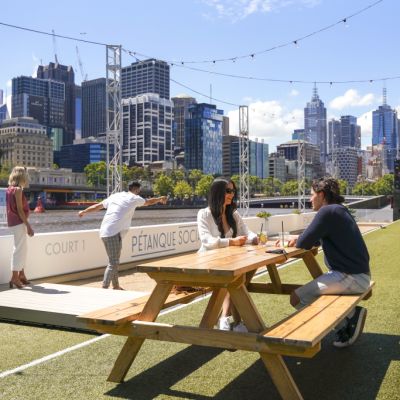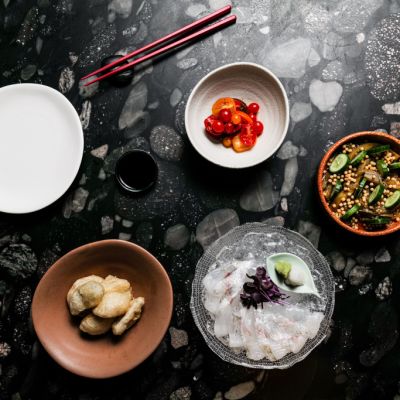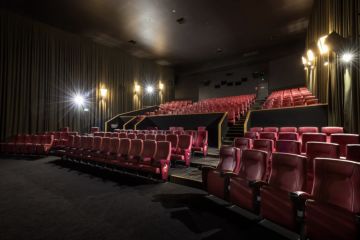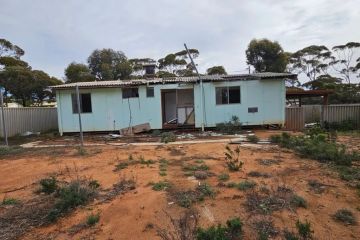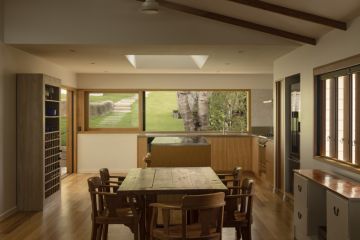Melbourne's inner-city has bounced back post lockdown, with businesses hopeful for 2021
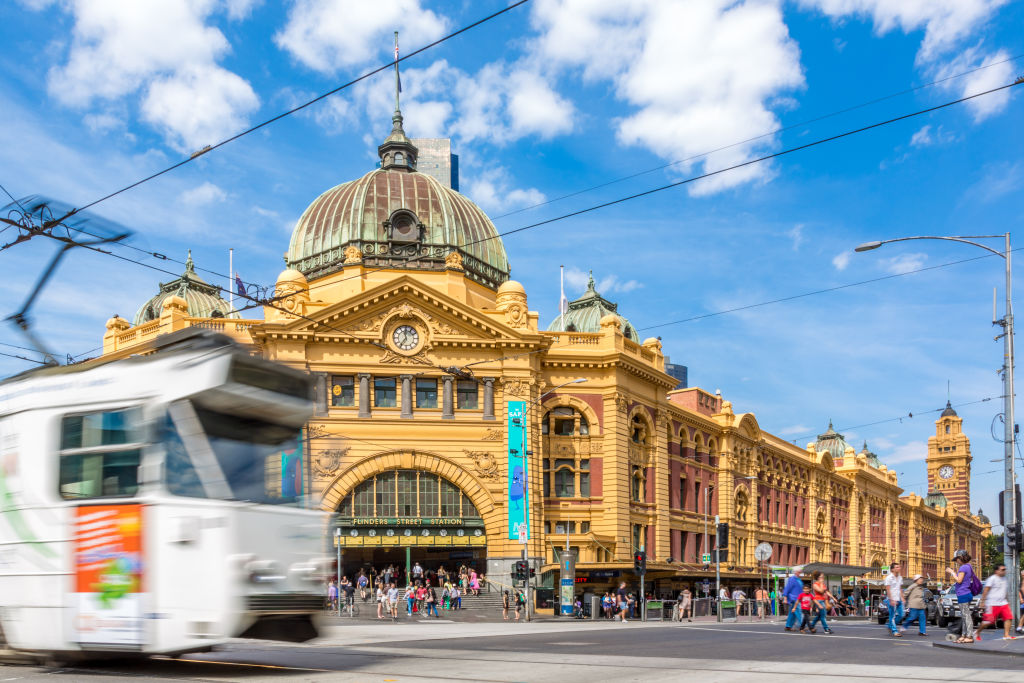
Andrew McConnell is a Melbourne believer. After spending much of the late 1990s cooking in big-name eateries across Europe and Asia – the boy from Box Hill North came home to Melbourne 20 years ago to open his first restaurant, Dining Room 211 in Fitzroy.
Last year, as the pandemic saw Melbourne all but boarded-up devastating businesses, McConnell – best known for restaurants Cumulus and Cutler & Co – opened not one but two new hospitality venues, cocktail bar Gimlet at Cavendish House, two years in the making, and Morning Market, a pandemic response in Fitzroy’s Gertrude Street.
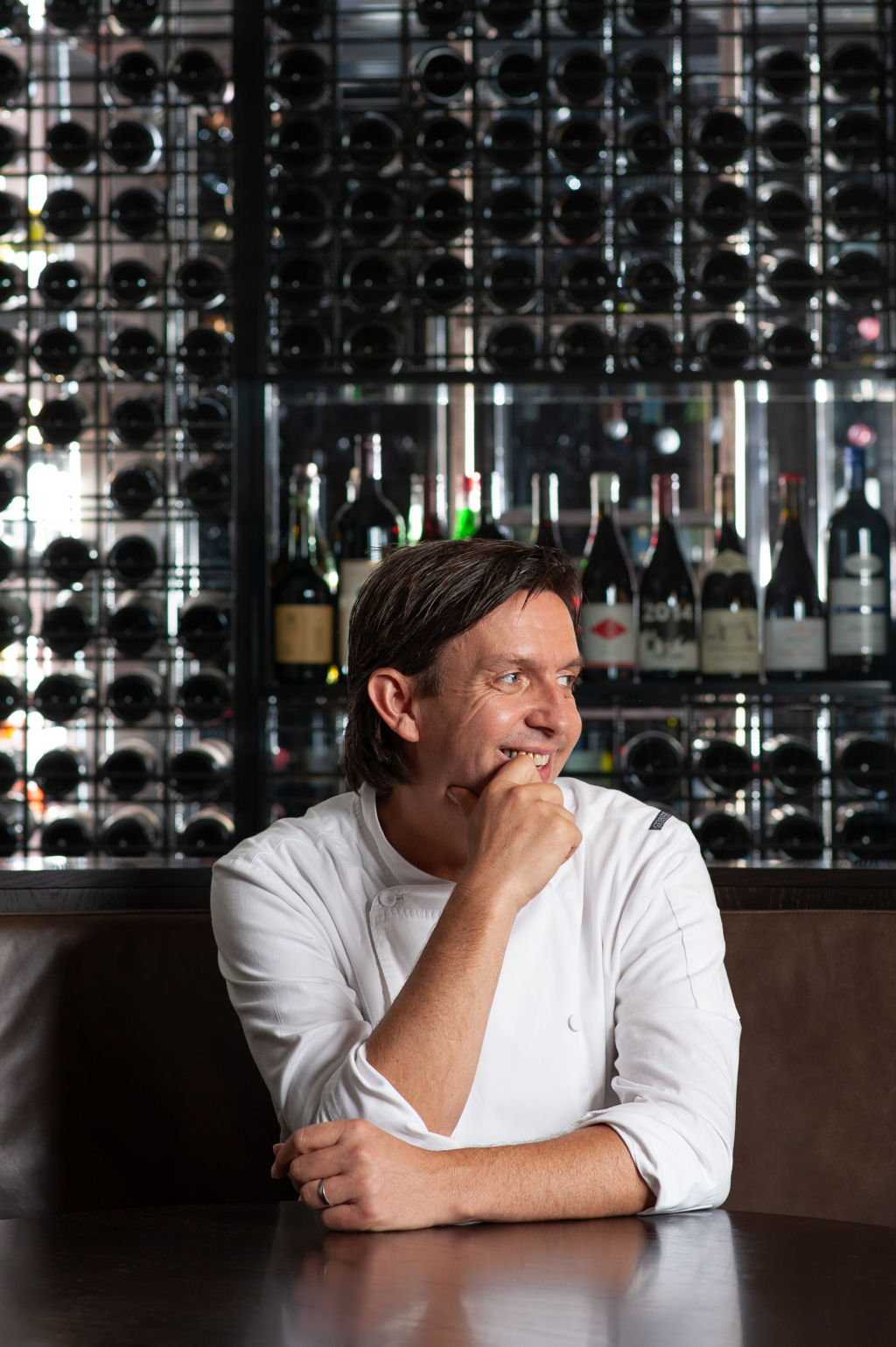
“I am kind of done with anxiety. I’m quietly confident that the new year will present other challenges but I think we are better equipped to deal with these challenges as they arise. I have confidence about Melbourne,” he says.
COVID-19 restrictions closed Melbourne hospitality, retail and other businesses from March 23 until late October last year, with a small June window. During those tortuous months, some went to the wall. Others struggle. A pre-vaccines City of Melbourne Economic Impacts of COVID-19 report found it may be 2024 before its economy returns to 2019 levels. A $100 million Melbourne City recovery fund was announced in September.
Lockdown may seem like a (thankfully) distant memory, but stark reminders of what we’ve been through are still there – clusters in the south-eastern suburbs, signing in at venues to help contact tracers and the normality of having masks at the ready.
As Melbourne’s “covid-normal” summer draws to a close, many of the city’s surviving businesses are taking lessons learned from lockdown and looking to the rest of 2021 with optimism and innovative ideas – edging toward a return to our pre-pandemic ways.
McConnell now has nine businesses, one of his most recent, Morning Market pantry, fronted by colourful flowers for sale, began as a covid pop-up, bringing wholesale and restaurant suppliers to locals and loyal customers. With its Cutler & Co neighbour, it enjoys outdoor seating in carparks demarcated by pink bollards, a Yarra City Council move to help businesses.
“People are absolutely loving the outside dining, I would love to explore whether there is a way for outside dining to become a fixture of Yarra life,” enthuses new Yarra mayor Gabrielle de Vietri. A Greens first-time councillor and public transport supporter, she emphasises linking pandemic and climate change responses, but knows there’s pressure for more parking.
The pandemic spurred Di Vietri to shift from art activism to local government. “I saw it as a real opportunity to reset the way we live and work and travel. It has kept us apart but in a lot of ways we have created this sense of community like never before. It really did show us how we can adapt when we have too, how resilient we are as communities.”
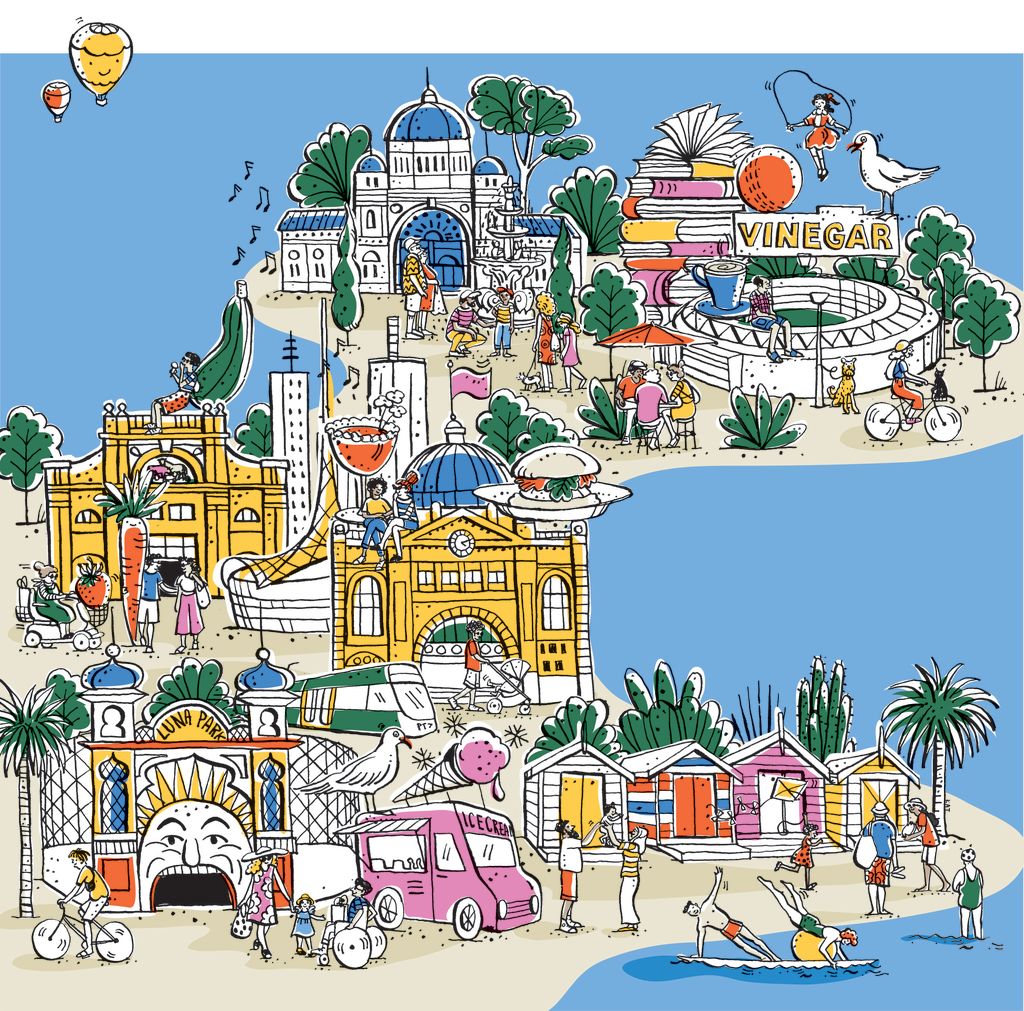
Lessons have been learnt, McConnell says. “I think that what has changed just for me personally is to be able to have the confidence to make big decisions quickly and act on them. It was like that but not in such extreme scenarios – your business and livelihood on the line.
“I think not just me personally but the industry as a whole will be stronger, will be more dynamic and potentially more sustainable. People’s business models will have to be adaptable.”
Rosy Morton agrees. For 20 years the owner of Bourke street identity Paperback Books, she, like McConnell, weathered the GFC. Her store traded throughout 2020, supportive customers and book-hungry Melburnians enabling survival.
Morton says an integrated ordering/computing system installed in April and a newly active social-media presence helped online shopping grow dramatically. The customer base, missing tourists and city foot traffic, expanded to outer suburbs and regional Victoria. “Previously, we had an online shop but we never had that much need for it,” she recalls.
Customers were outside when the doors reopened, but the online business remains strong. “Now it is integrated into our business. It has changed the balance about how much is online and how much is face to face.”
Previously wary of marketing – “I just wanted to have a shop with really great books” – Morton now says, “social media showed us people appreciate that stuff, it’s a way of sharing and we have more customers with that.
“We have been around for a long time and a tendency to think, ‘that’s the way we have always done things’. This year has showed that it is good to shake things up a bit and it makes you look at what you are doing and why and appreciate it.”
Paperback Books’ has trimmed its stock and was “lucky with our landlord” during lockdown. But it has constantly adapted to city changes, Morton notes. “This is a bigger concentrated dose of this.”
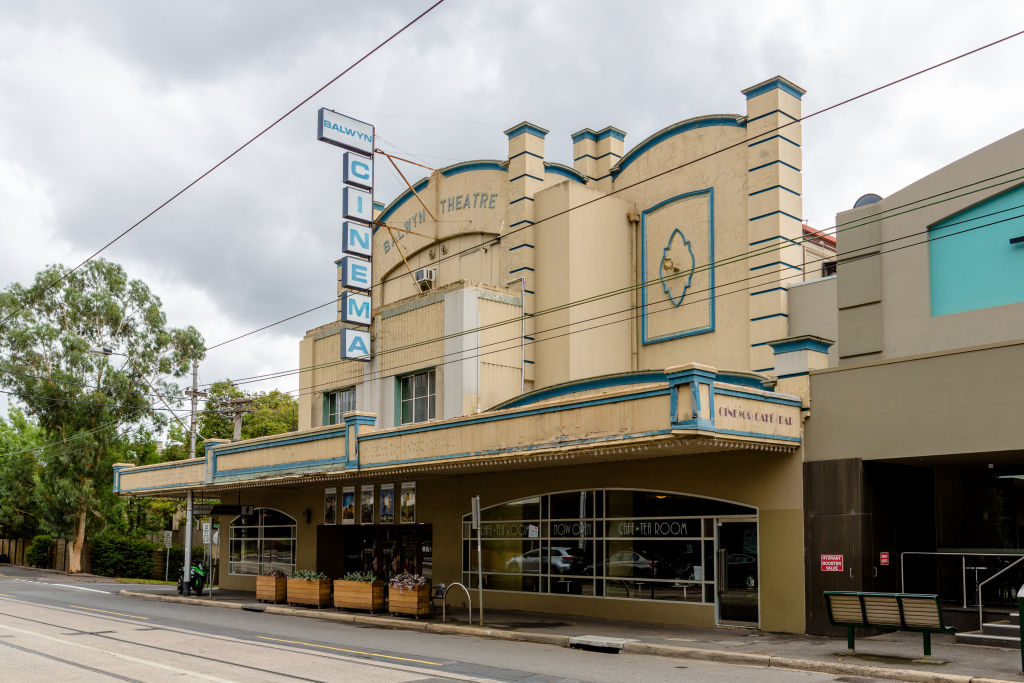
For some, 2021 is less about adapting to “the new normal” than returning to what customers longed for: the old normal. Palace Cinemas’ eight Melbourne venues closed for eight months. Chief executive Benjamin Zeccola expects audience numbers should fully recover by Easter.
There’s a backlog of excellent films to be screened. “By the time we run out of the backlog [film studios] would have brought production up to speed,” he predicts.
Palace linked with its movie-going community – 45 per cent seniors – with newsletters, free online movies and occasional openings for popcorn and choc-top sales, some loyal Balwyn customers bought boxes of 50. Ventilation was improved at its cinemas nationwide. And on December 11, it opened its glitzy 15-screen Pentridge complex.
“Customers coming back in are telling us they are just so glad to be able to come back to the cinema. We feel like it is about getting back to having a steady flow of great movies, great entertainment,” Zeccola says.
For McConnell, too, the way things were is part of recovery: “I think that a big part of what we are doing is now about consumer confidence and I think that is growing a lot more than I expected.
“I think a lot of things will go back to the way they were pre-pandemic. The simple fact is that people will still want to go to restaurants and eat good food prepared by people who care. The core of what we do won’t change.”
We recommend
States
Capital Cities
Capital Cities - Rentals
Popular Areas
Allhomes
More
